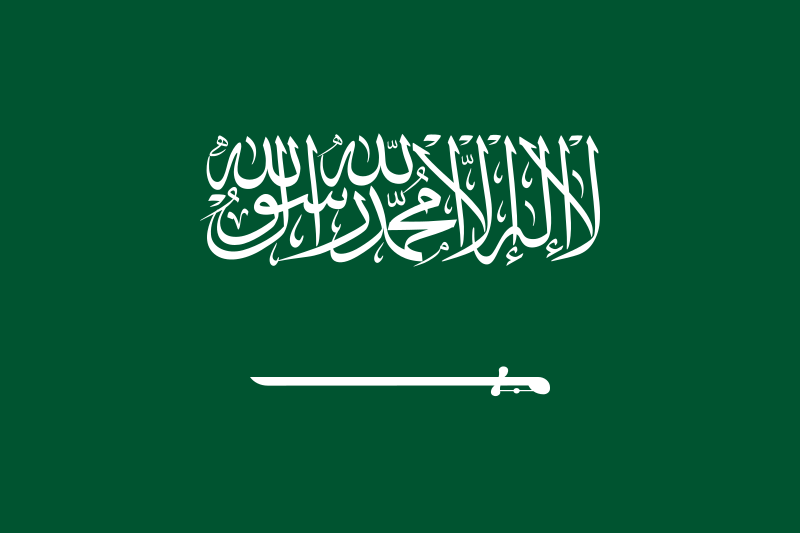
The SDRs function similarly to American Depositary Receipts, which allow investors to trade foreign company stocks in their domestic markets. With the launch of SDRs, the Saudi Exchange expands its offerings, providing a new avenue for local investors to engage with global markets. These financial instruments will be traded in Saudi riyals, making it easier for investors in the Kingdom to buy and sell shares of foreign firms without needing to deal with foreign currencies or international trading platforms.
The decision to introduce SDRs follows a strategic push by the Saudi government to further open its financial markets, aligning with its Vision 2030 economic reforms. This vision focuses on diversifying the Kingdom's economy, reducing its reliance on oil, and attracting foreign investment across various sectors, including technology, finance, and infrastructure. The ability to trade international stocks on a local exchange is seen as a key step in making the Saudi market more appealing to global investors.
As part of the launch, Tadawul revealed that the first SDRs would include shares from prominent international companies, marking a milestone in the Kingdom’s ambition to integrate more fully into global financial markets. The new product allows Saudi investors to participate in the growth of these companies without having to navigate the complexities of foreign exchange or invest through foreign brokers.
The introduction of SDRs also reflects a broader trend in the Middle East, where other financial hubs such as the United Arab Emirates and Qatar have been adopting similar mechanisms to increase the attractiveness of their stock exchanges. These moves are designed to make their markets more competitive on the global stage, offering investors easier access to foreign assets and fostering a more integrated regional financial ecosystem.
One of the most significant advantages of the SDRs is that they provide Saudi investors with a way to diversify their portfolios by adding foreign stocks to their holdings. This could have a substantial impact on the investment habits of individuals and institutional investors alike, as the ability to trade global shares locally allows for greater exposure to sectors such as technology, energy, and consumer goods, which may not be adequately represented within the domestic market.
The launch of SDRs also aligns with Saudi Arabia's broader objectives to position its financial sector as a regional leader. The Tadawul exchange has been actively working to attract more international companies and investors. Initiatives like the SDR program are part of this broader strategy to develop the exchange into a hub for both local and international investment, leveraging the Kingdom’s growing importance as a global economic player.
The new tool also offers investors a level of security and convenience, as it eliminates the need to open foreign brokerage accounts or deal with complex currency exchanges. Instead, the SDRs allow for the purchase of foreign shares in a familiar and regulated environment, with transactions conducted in the local currency, Saudi riyals. This simplified access to international equities is expected to drive increased participation in global markets from retail investors in Saudi Arabia, who have shown growing interest in diversifying their investments.
Financial analysts have been quick to praise the move, noting that the introduction of SDRs could be a game-changer for the Saudi financial market. It is seen as part of a series of initiatives to open up the Kingdom's financial sector, making it more accessible to global investors and helping local investors broaden their portfolios. With the expected continued growth in the Saudi stock market, the availability of SDRs is anticipated to play a key role in supporting the Kingdom’s long-term economic diversification goals.
Topics
Saudi Arabia
